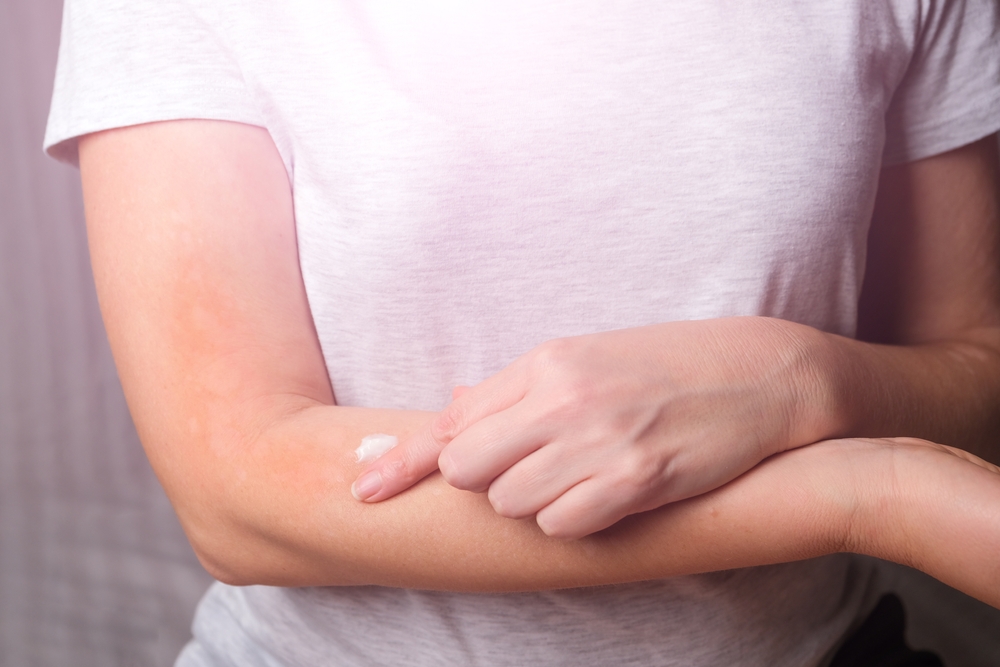Which antifungal cream is the best?

The Ultimate Guide to Choosing the Best Antifungal Cream
In today's fast-paced world, dealing with fungal infections can be a frustrating experience. From athlete's foot to ringworm and yeast infections, these conditions can cause discomfort and impact our daily lives. Thankfully, there are numerous antifungal creams available on the market that can help alleviate these symptoms. However, with so many options to choose from, it can be overwhelming to determine which antifungal cream is the best for your specific needs. In this comprehensive guide, we will explore the different types of antifungal creams and provide valuable insights to help you make an informed decision.
Which antifungal cream is the best?
When it comes to selecting the best cream for fungal infections, it's crucial to consider several factors. Every individual's needs may vary depending on the type and severity of the infection, personal preferences, and any underlying medical conditions. Here are some key aspects to consider when determining the best antifungal cream for you:
Type of Infection:
Different antifungal creams are formulated to treat specific types of infections. Some creams target fungal infections on the skin, such as athlete's foot or jock itch, while others are designed for vaginal yeast infections or oral thrush. Identifying the type of infection you have will help narrow down the options.
Active Ingredients:
Antifungal creams contain various active ingredients, each with its own efficacy against specific fungi. Common active ingredients include clotrimazole, miconazole, terbinafine, ketoconazole, and econazole. Let's take a closer look at some popular antifungal creams and their active ingredients:
· Canespro Fungal Nail Treatment 1: This cream is specifically designed for treating fungal nail infections. It contains urea as the active ingredient, which helps soften the infected part of the nail, making it easier to remove.
· Canesten Af Dual Action 1% W/W Cream 15GM and Canesten Af Dual Action 1% W/W Cream 30G: These creams contain clotrimazole as the active ingredient. They are commonly used to treat fungal infections such as athlete's foot, jock itch, and ringworm. Clotrimazole works by inhibiting the growth of fungi and relieving associated symptoms.
· Care Clotrimazole Cream 1% 20GM: Similar to the Canesten creams, this cream also contains clotrimazole as the active ingredient. It is effective in treating various fungal infections, including those affecting the skin and nails.
· Excilor Pen For Fungal Nail Infections 1: This antifungal nail treatment comes in the form of a pen. It contains ethyllactate, which helps create an environment inhospitable to fungi and promotes the healthy regrowth of nails.
· Scholl Fungal Nail Treatment 3.8ML: This treatment is specifically designed for fungal nail infections and contains amorolfine as the active ingredient. It helps stop the growth of fungi and promotes the regrowth of healthy nails.
Safety and Side Effects:
Before choosing an antifungal cream, it's essential to consider any potential side effects or allergic reactions. Read the product labels carefully and consult with a healthcare professional if you have any known allergies or sensitivities to certain ingredients.
Application Method:
Antifungal creams come in different forms, including creams, ointments, sprays, and pens. Consider your personal preferences and the area of the body affected by the infection. For instance, creams and ointments are suitable for skin infections, while nail treatments may require specialised application methods.
Brand Reputation and Reviews:
It can be helpful to research different brands and read reviews from other users. Look for brands that have a good reputation for producing effective antifungal creams and positive customer experiences.
Remember, while this guide provides general information, it's important to consult with a healthcare professional for personalised advice and diagnosis.
Finding the best anti fungal cream requires careful consideration of the type of infection, active ingredients, safety aspects, application method, and brand reputation. By understanding these factors and seeking professional advice when needed, you can choose an antifungal cream that is most likely to effectively combat your specific fungal infection and bring you relief. Remember, prompt treatment and maintaining good hygiene practices are essential for managing and preventing future fungal infections.
If you need help finding the best antifungal creams, you can visit your nearest Pearl Chemist Group branch. Our friendly team will help you pick the product that suits your condition. You can also shop online and have the products delivered to your door securely.
Frequently Asked Questions
Q1: How long does it take for an antifungal cream to work?
The time it takes for an antifungal cream to work can vary depending on the severity of the infection and the specific product being used. In many cases, noticeable improvement can be seen within a few days of consistent application. However, it's important to follow the recommended treatment duration provided by the manufacturer or your healthcare professional to ensure complete eradication of the infection.
Q2: Can I use an antifungal cream for prevention?
While antifungal creams are primarily used to treat existing fungal infections, some creams can also be used for prevention in certain circumstances. For example, if you are prone to recurring athlete's foot or have been in close contact with someone who has a fungal infection, applying a preventive antifungal cream may help reduce the risk of infection. However, it's always advisable to consult with a healthcare professional for personalised recommendations.
Q3: Are there any natural alternatives to antifungal creams?
Yes, there are natural alternatives that may help alleviate certain fungal infections. Some commonly used natural remedies include tea tree oil, coconut oil, apple cider vinegar, and garlic. However, it's important to note that the effectiveness of these natural remedies may vary, and they may not be as potent as commercially available antifungal creams. Additionally, it's crucial to exercise caution and discontinue use if any adverse reactions occur. Consulting with a healthcare professional is recommended before relying solely on natural remedies.






